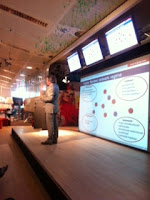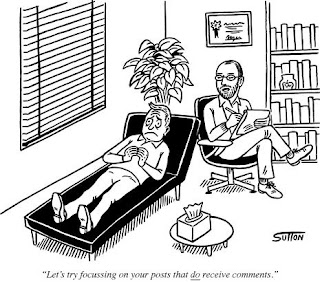Contextual intranets by @roojwright #congressp

I recently posted my notes on the 1st masterclass of the SharePoint conference we organize. The 2nd masterclass of the SharePoint conference is by Andrew Wright . His talk is about ‘contextual intranet’. I'm sharing my summary of the masterclass below. I think I'll also post one or two more posts on the conference itself. But first Andrew Wright's masterclass about 'contextual intranets'. What is a contextual intranet? Wright’s definition is: An intranet that facilitates the development of content – both qualified (signal) and unqualified (noise) – that supports continuous improvement, efficient operations and employee engagement and delivers this content in a meaningful context to the employee. Characteristics of the contextual intranet The contextual intranet exists of the following elements: Content development Business imperatives (continuous improvement, operations (tasks), employee engagement) Content delivery (context provided by meta dat...







.JPG)
.JPG)
.JPG)



.JPG)
.JPG)




